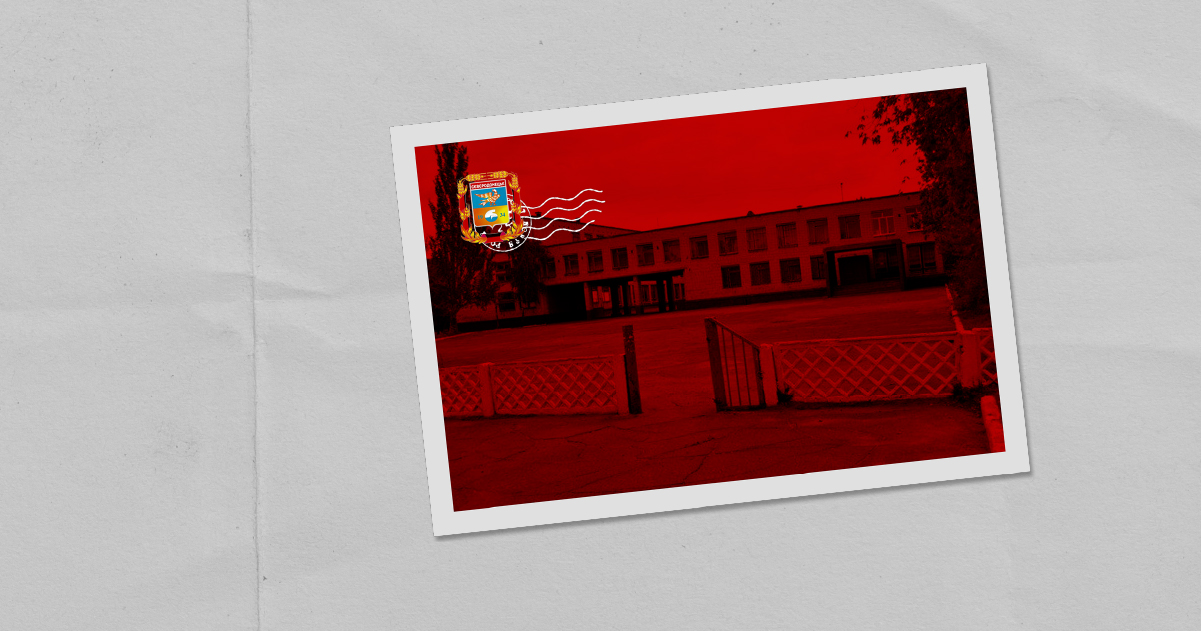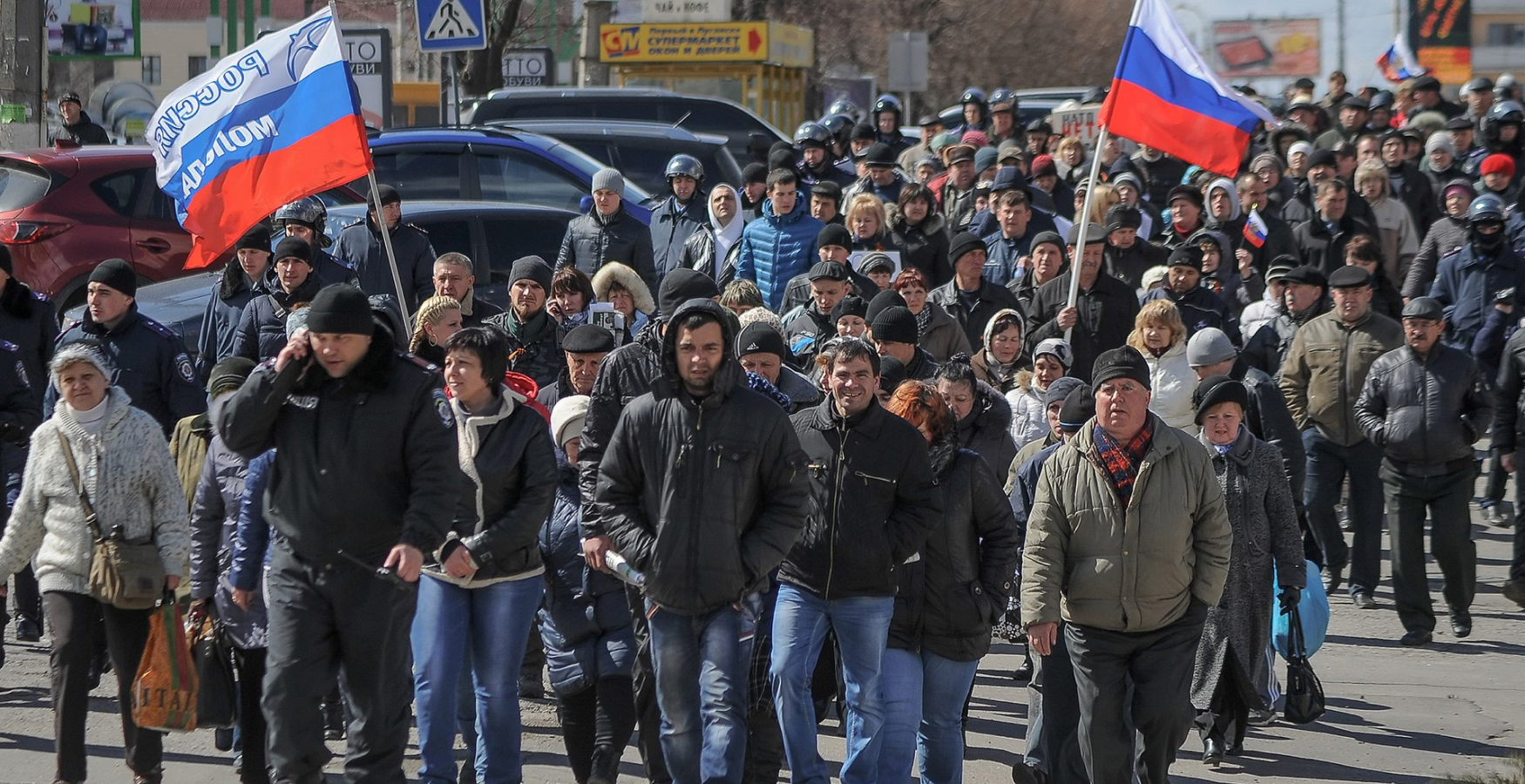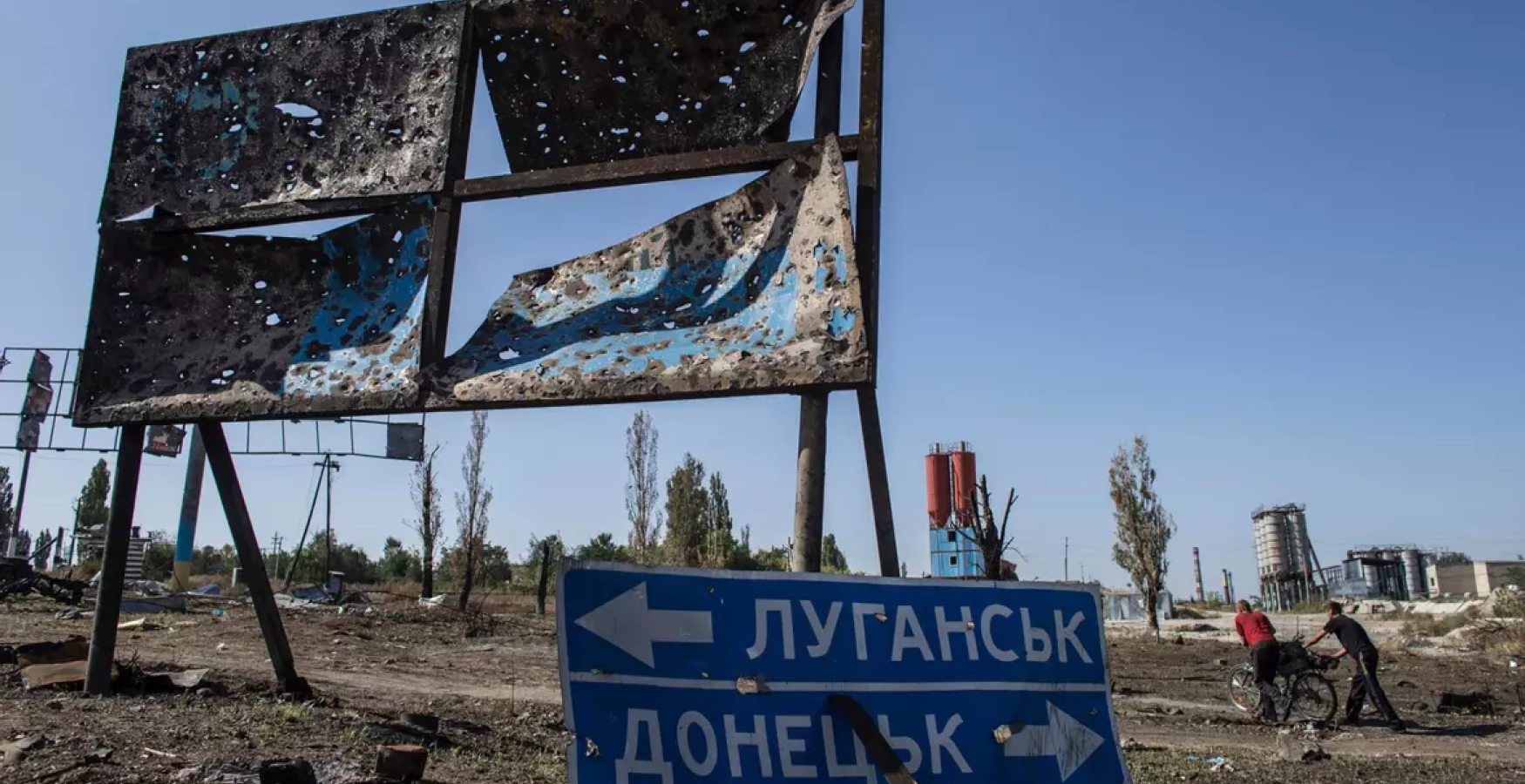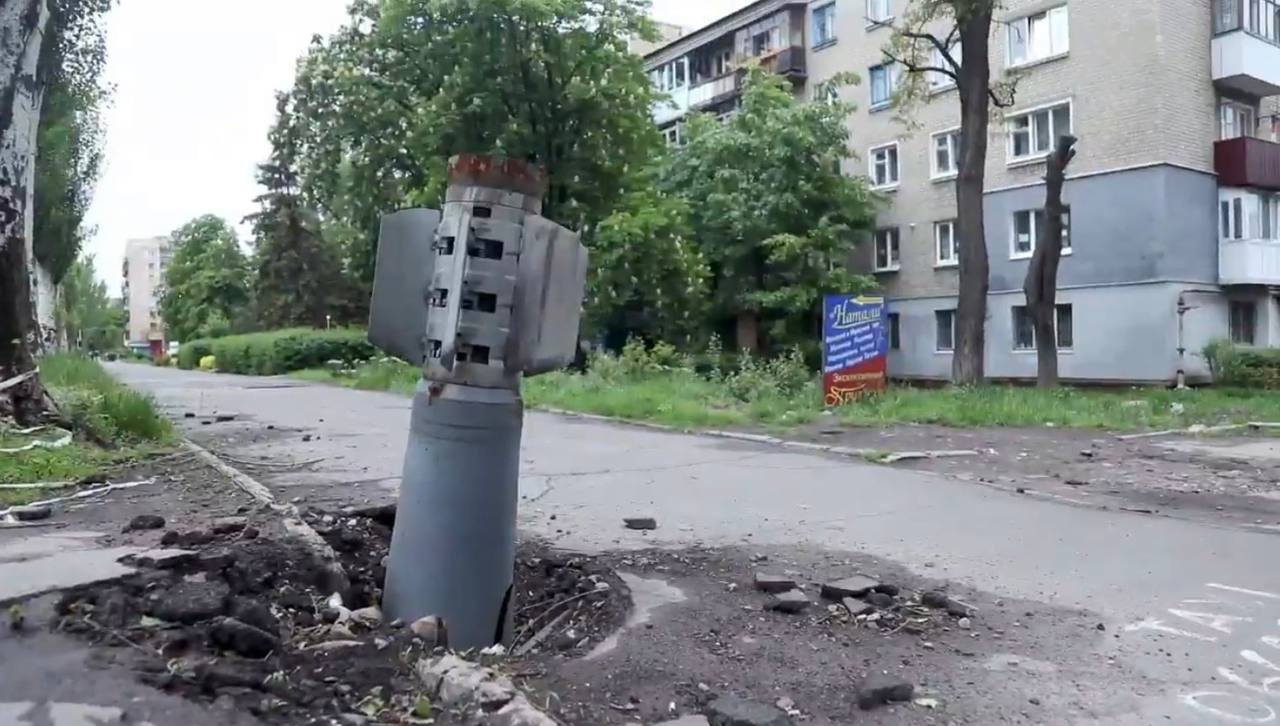"The Ukrainian national anthem was not allowed at the end of the school year celebrations. The children said they would sing the anthem on their own": the story of the school headmaster from Severodonetsk
Tetiana Petrova (Vostok SOS)

"Svidomi" in collaboration with the Vostok-SOS Charitable Foundation tell the stories of Ukrainians during the full-scale war.
The war for Valentyn Kapatsii, a native of Luhansk, a teacher of History and Law, and now the headmaster of secondary school No.4 in Severodonetsk, began at the end of 2013.
"There are different dimensions of this war, they say that it began in 2014. For me, it began in late 2013, when the sentiments of the neighbouring state regarding our independence became clear. Events at Maidan and Ukraine's desire for true independence - it was already clear back then that it was the beginning of Ukraine's great struggle for independence," the man recalls.
Valentyn Kapatsii remembers how in the spring of 2014, allegedly "Cossacks", controlled by the Russian special services appeared in Luhansk. Then young men were brought into the city to forcefully oppose the pro-Ukrainian and pro-European Luhansk people.

"The events of March 2014 are known to everyone. At that time, groups of young people were brought who intervened in the rally of Luhansk residents, I emphasize Ukrainians, near the monument to Shevchenko. They tried to forcefully disperse people. At the same time, the police did not even try to prevent this," says Valentyn Kapatsii.
Subsequently, pro-Russian activists seized the building of the regional department of the Security Service of Ukraine in the Luhansk region and other administrative buildings. In May 2014, the Luhansk City Education Department issued a decree banning the Ukrainian state flag and the Ukrainian national anthem from being sung at the end of the school year celebration.
"My children, pupils of the 11th year, then turned to me at the All School Assembly and said that they would sing the anthem on their own. It was at the request of the children that the flag of Ukraine was hung and the anthem sounded, although the school administration was afraid, — says Kapatsii.
In the summer of 2014, fighting was raging around Luhansk, and it gradually became dangerous in the streets of the city. Because of this, the family of the pro-Ukrainian teacher was forced to leave — not only because of the danger of dying in the shelling but also because of the conviction and choice to be free.

"It was painful, but we understood that we were Ukraine, and we could not do without it. I remember this day — July 9, 2014, we left Luhansk", — says Valentyn Kapatsii.
The Kapatsii family found temporary refuge in one of the villages in the Novoaidar district of the Luhansk region. At the end of August 2014, Russian tanks entered Luhansk, so the city remained temporarily occupied. Valentyn Kapatsii and his wife, who also worked as a teacher, had to go to Luhansk to resign from their jobs. This trip was risky because everyone at school knew about their pro-Ukrainian views.
"It was scary because when things were taken out, there was a Constitution in the bag — I decided to take it away for some reason because I teach not only History but also Law. My wife took along her embroidered shirts. And when they started the inspection at the checkpoint in Stanytsia Luhanska, the only thing I wanted then was that they not open our bag and see that we were taking out of Luhansk," says the teacher.
After almost a year of looking for a job, Valentyn Kapatsii got a job as a teacher of history and law at School No.6 in Severodonetsk; in 2021, he became the headmaster of Severodonetsk School No.4.
On February 24, 2022, at 5:00 a.m., the city woke up from explosions on the outskirts. At first, it was unclear whether there was a danger directly to children and teachers. Classes began, but after the first lessons, the children were sent home. Afterwards, the educators gathered to discuss further actions.
"When we gathered, hardly had I said that we would not worry and try to control the situation when the explosions rang — it was the shelling of Severodonetsk again," says Kapatsii.
Since this morning, the safe life in the city has ended. Russian troops were advancing rapidly in the territory of the Luhansk region, and the Armed Forces of Ukraine were able to stop them near Severodonetsk. Unable to advance further, the Russian army chaotically shelled the city. Due to the danger, the Kapatsii family left the city again — this time it was necessary to travel almost all of Ukraine.
"At each checkpoint, we sought the support of our guys, and they gave us hope and confidence. They said: “Don't worry! We will hold out and drive out the enemy!” Therefore, I would like to thank our servicemen", — says Valentyn Kapatsii.
In the spring of 2022, the Russian army twice shelled the building of Severodonetsk School No.4. During one of the shellings, there were people from the surrounding houses hiding in the school basement. There were no dead or wounded, but the school guard received a contusion because he was guarding the school property. After the first shelling, windows were knocked out in the school, and the dining room and elementary school premises suffered the most damage. After the second shelling, a fire broke out in the school.

"Every day we tried to support each other, we learned about pupils, parents and teachers to get information about our school community. And since April, according to the decision of the Severodonetsk authorities, they have resumed distance learning in schools of Severodonetsk, which have left and work online", — says Kapatsii.
Valentin Kapatsii and his family are currently in Khmelnytskyi. The man keeps in touch with the school staff and pupils every day and prepares for distance learning.
"The possibility of communication, although remote, makes it clear that the connection is not lost. Pupils are grateful to the school, and the school is grateful to students, parents and all participants in the educational process. It is not in vain that we work, teach and learn. And it is very comforting, even in the conditions of full-scale war", the teacher adds.
Valentin Kapatsii with other teachers of school No.4 plans to further teach children, explain to them complex things about the war, and history lessons that everyone should learn so that children do not suffer from the games of the adult. After all, school is not a building, but educators and pupils. Therefore, despite the occupation and the damaged building, Severodonetsk School No.4 continues to operate.
Since 2014, Vostok SOS has been involved in documenting war crimes to ensure justice. If you witnessed or were a victim of a crime, you can report it to the organization at the following numbers:
+38 099 297 64 34
+38 099 736 42 41
Or send your story to: [email protected] or to a chatbot in Telegram @documenting_vostok_sos_bot


